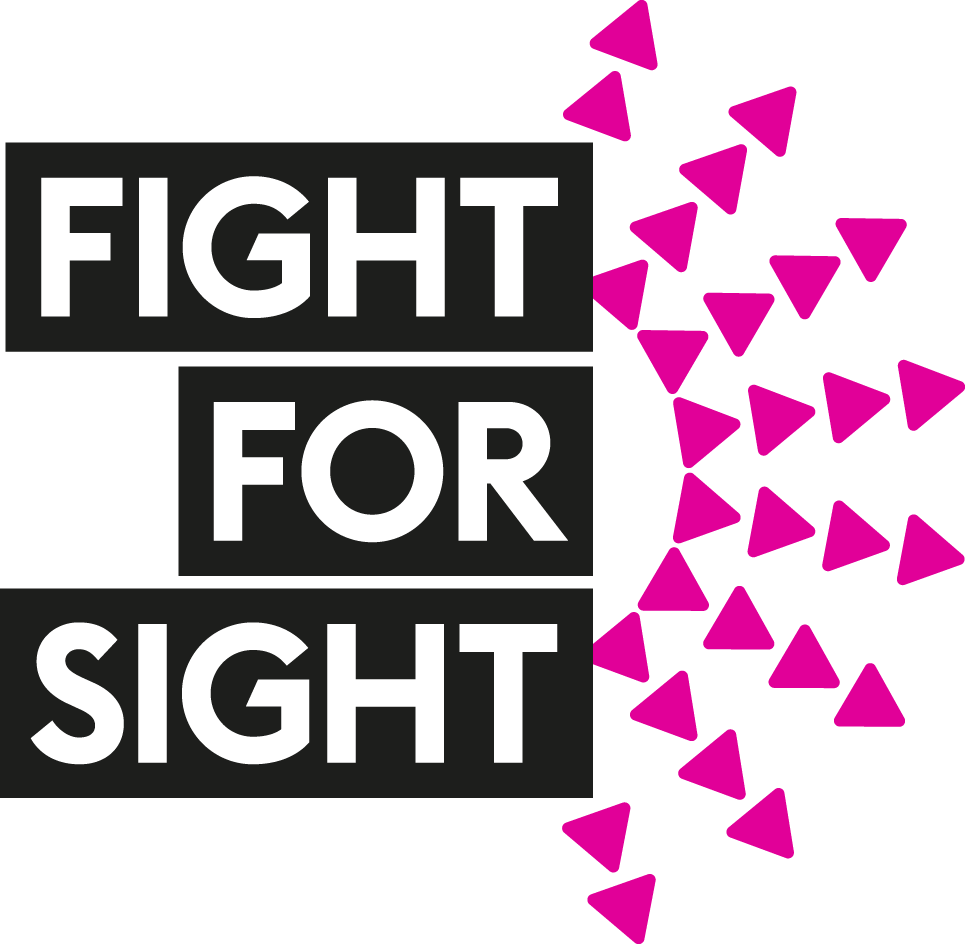Researcher Q&A: Professor Keith Martin
Our researchers share what excites them most in eye research

Based at the University of Cambridge, Professor Keith Martin is a neuroscientist with an interest in understanding and treating glaucoma, aided by Fight for Sight funding.
In your view, what has been the biggest eye research breakthrough in 2018?
I think one of the most impressive breakthroughs in 2018 was the demonstration that an artificial intelligence programme could use retinal photos to predict many things about patients that eye doctors simply can’t tell from looking at the same photos. Researchers trained the system on retinal images from 284,335 patients. The trained model identified patients’ ages within 3 years, correctly distinguished gender 97 percent of the time and spotted a smoker 71 percent of the time. No human can derive anything like this amount of meaning from a single photo of the back of the eye – and this is just the beginning of what A.I. can do in eye disease!
In what areas do you think eye research will make the most progress in 2019?
I am really excited by the potential of gene therapy to treat eye diseases. The first gene therapy to be approved for any human genetic was licenced in the US in 2018 for the treatment of a rare disease affecting central vision. There are many more previously untreatable conditions where I think this technology holds real promise, including progressive glaucoma and other blinding conditions such as retinitis pigmentosa. I think 2019 will see important further advances in this field.
What developments do you think will be important to the eye health sector as a whole in 2019?
What continues to amaze me is how fast ophthalmology continues to advance, driven by new technologies in many different areas. Given how many new treatments are becoming available for so many different eye conditions I think one of the most important issues we will face is how we will be able to afford to provide the best treatments to as many people as possible. In my own field of glaucoma, strategies to identify people with the highest lifetime risk of blindness and treat them more aggressively while reducing the amount of unnecessary treatment given to people at lower risk is a key goal.
Do you have any professional New Year’s resolutions for 2019?
I hope to focus my research work on projects that have the best chance to improve the vision of glaucoma patients in future, rather than just slowing down the progression of the disease.
Do you have any personal New Year’s resolutions for 2019?
I am terrible at keeping personal New Year’s resolutions, but I hope to find a little more time to play the piano and prove that an ageing brain can still learn new things!


